10 Amazing Facts About Avionic Engineers You Should Know

Avionic engineering has been around since the dawn of the 20th century. It is an exciting field of study that has opened up new possibilities for aircraft builders, pilots, and other related professionals. From designing and building advanced navigation systems to troubleshooting complex avionics issues, avionic engineers play a key role in the success of aviation technology. Here are 10 amazing facts about avionic engineers that everyone should know. Get ready to be amazed!
1. Avionic Engineers Are Responsible for the Development and Design of Aircraft Avionics Systems
Avionic Engineers are a vital part of the aviation industry, responsible for the development and design of the most modern aircraft avionics systems. These innovative aviation professionals take great care to ensure the aviation sector has access to the latest advancements in aviation technology. Avionic Engineers specialize in all manner of aviation components that keep planes flying safely, such as navigation and communication systems, computer systems, flight control systems, and much more. As a result of their hard work, internal operations aboard commercial airliners have never been smoother or safer than they are today. Their contribution to aviation is invaluable and allows aircraft to fly throughout all parts of the world with exceptional efficiency and technical capability.

2. They Work With a Variety of Equipment Such as Radar, Navigation, Communication, and Control Systems
The aviation industry is one of the most complex sectors in the world, and avionic engineers are integral to its continued success. Avionic engineers specialize in designing and maintaining aviation equipment such as radar, navigation, communication, and control systems. They conduct research and development, evaluate aviation components for airworthiness requirements, and inspect aviation hardware for functionality. Avionic engineers use technical proficiency with sensors and instrumentation to investigate malfunctions and implement solutions to ensure aircraft remain safe during operation. With oversight from other aviation professionals such as inspectors and airline representatives, avionic engineers make sure aviation hardware functions optimally so passengers can travel safely.
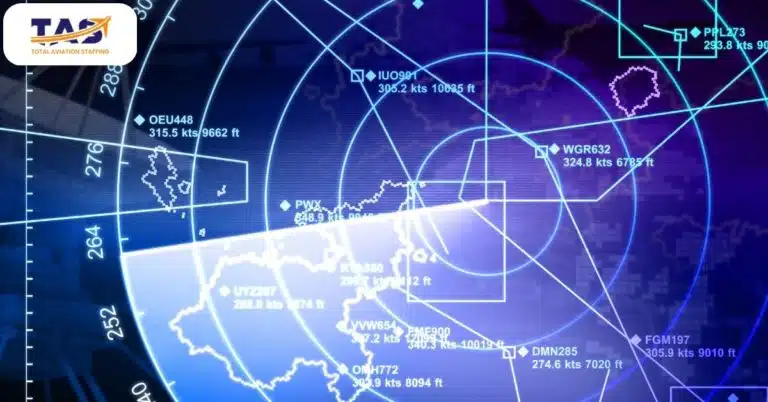
3. Avionic Engineers Must Be Able to Work With Complex Electronic Systems
Working in aviation-related fields can be a challenge, and few understand the kind of technical acumen necessary quite like avionic engineers. An important aspect of their role is being able to work with complex electronic systems. This requires them to demonstrate tremendous expertise in various engineering disciplines, such as computer engineering, software development, and mechanics. With a deep understanding of how aircraft operators and aviation design principles, avionic engineers are capable of problem-solving intricate issues that arise from working with these sophisticated machines. They have the remarkable ability to break down complex processes into comprehensible steps that aid pilots and aviation crew in safely flying across long distances. To work as an avionics engineer truly requires a unique set of skills — this is one profession where knowledge and experience prove invaluable.
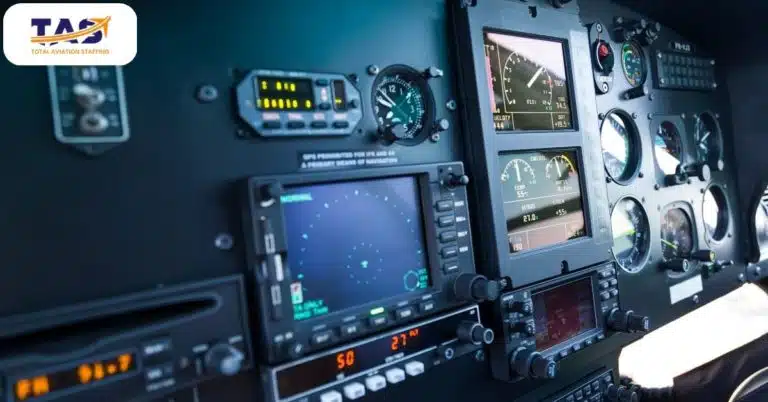
4. They Must Also Be Able To Troubleshoot Any Problems That May Arise With These Systems
Avionic engineers are aviation professionals responsible for a wide range of aviation-related tasks. One of the most critical responsibilities of an avionic engineer is the ability to troubleshoot any problems that may arise with aircraft systems and equipment. This requires an extensive knowledge base, including electrical engineering, computer science, aviation, and physics–all in a fast-paced environment. Avionic engineers use this knowledge to identify potential issues and resolve them before they become a hazard. As such, it’s no surprise that aviation systems must be meticulously maintained by knowledgeable technicians who understand all aspects of aviation systems and can quickly diagnose any emergent issues. With our continued advancement of technology in aviation, avionic engineers must stay ahead of the curve to ensure safe air travel for all passengers. Understanding how to troubleshoot aviation systems is essential for their success as aviation professionals.
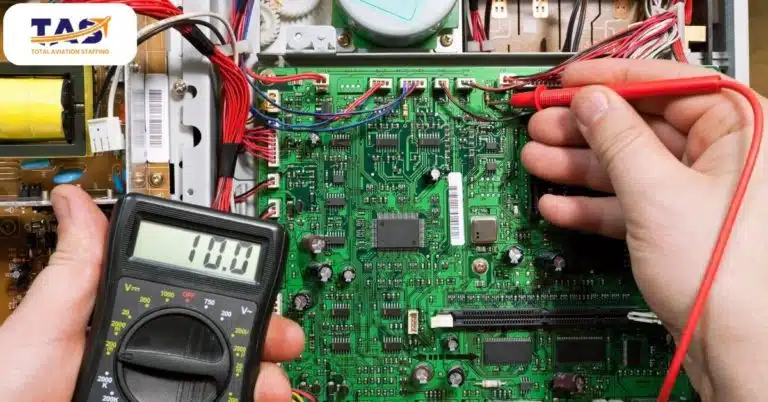
5. Avionic Engineers Typically Have a Degree in Electrical Engineering or Aerospace Engineering
It can’t be denied that aviation engineering has advanced very rapidly in the past decades, and Avionics Engineers are a major factor in this development. Avionic Engineers typically hold a degree in either Electrical Engineering or Aerospace Engineering, both of which equips them to design, build, modify, troubleshoot, and certify aviation equipment such as electronics systems for aircraft and spacecraft. They must possess a deep understanding of aviation technology, be well-versed in aviation electronics and mechanics, and have extensive knowledge about aviation maintenance and safety protocols. Armed with their expertise in both electrics systems and aviation operations, Avionics Engineers are not only integral to the aviation industry but also essential for aircraft safety and efficient operation of every flight journey.

6. They May Also Have Certification From Organizations Such as the National Institute for Aerospace Technology (NIATC)
Avionic engineers are aviation experts with an impressive array of knowledge and skills. They’re able to continually troubleshoot, identify, and fix any aviation-related issues that may arise. As technology advances, so do the qualifications of avionic engineers—they may also have earned a certification from organizations such as the National Institute for Aerospace Technology (NIATC), which fosters their understanding of the aviation industry and keeps them at the forefront of aviation developments. With the ever-changing face of aviation today, it’s clear to see why having well-versed professionals like avionic engineers is beneficial to the industry overall!
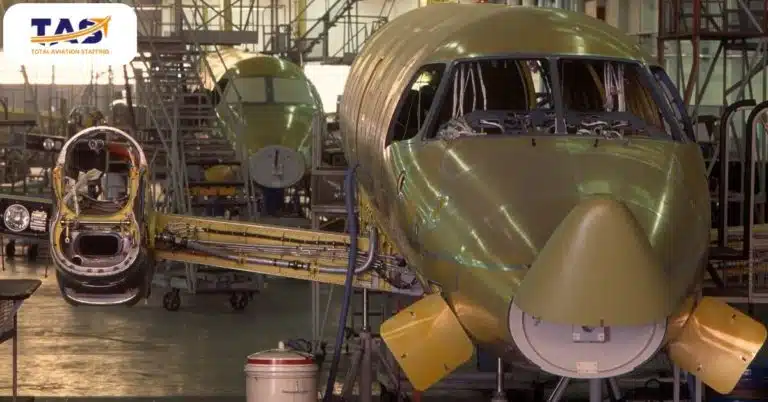
7. Avionic Engineers Can Work in a Variety of Industries, Including Aerospace, Defense, and Commercial Aviation
Avionic Engineers are aviation experts and have a very important role within the aviation industry. These professionals can work in a variety of industries, including aerospace, defense, and commercial aviation. They design, develop, test, maintain and repair the electrical systems found on aircraft and help ensure that planes are able to safely take off and land. Because of their expertise in aviation technology and engineering, avionic engineers can pave the way for some of the most advanced aircraft and aviation-related operations. The work they do is essential when it comes to keeping people safe while they travel by air.
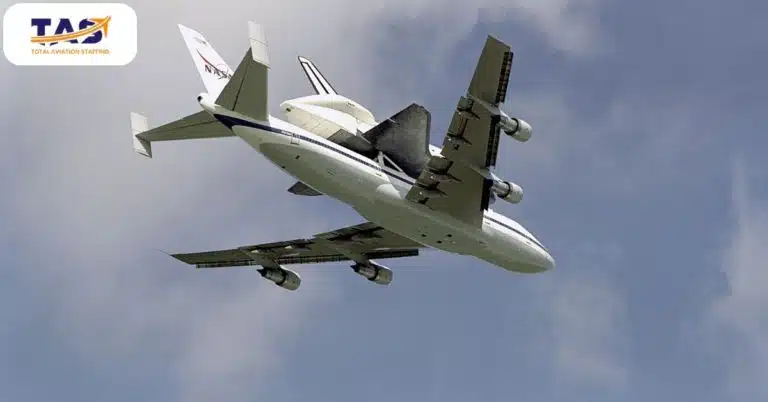
8. They May Also Work for Aircraft Manufacturers or Airlines Companies
Avionic engineers have a unique specialty in aviation, and their ability to troubleshoot technical issues with aviation systems is essential to keeping aircraft safe. With their knowledge of engineering principles and aviation systems, they may also work for aircraft manufacturers or airline companies to develop new models or make repairs on existing ones. They possess strong organizational and communication skills which allow them to manage complex systems while working alongside other aviation professionals in order to create the best possible aviation experience. Avionic engineers play an integral role within aviation companies, and it’s no surprise that so many organizations are seeking out these skilled professionals.

9. Avionic Engineers Typically Earn a Good Salary and Enjoy Excellent Job Prospects
Aviation technology is a rapidly growing and highly regulated industry and Avionic Engineers play an integral role in shaping how aviation touches the lives of people around the world. An Avionic Engineer typically earns a good salary for their work and can look forward to excellent career prospects. With aviation being such an important aspect of global economic growth and safety, there is always a need for experienced Avionic Engineers who specialize in designing, testing, installing, repairing, and maintaining aviation systems. All in all, being an Avionic Engineer promises both job security and handsome remuneration.

10. Avionic Engineering Is an Exciting and Rewarding Career Field That Offers the Chance to Work on Cutting-Edge Technology
Avionic engineering offers a career field like no other. As an avionics engineer, you will have the chance to work with aviation technology that is always on the cutting edge and utilizes new technological advances. It is an exciting career field full of challenges and rewarding possibilities. Avionic engineers not only build projects from start to finish, but they also install, maintain, and repair aviation equipment, ensuring its optimal performance for each aviation mission. Who wouldn’t want to be part of this amazing field? With proper training and education, it has become increasingly easier to enter this world of aviation. From aircraft engines and hydraulics to guidance systems, electronics, navigation equipment, and communication technologies – there are so many cool things that avionics engineers know how to do. So whether you are a novice taking your first aviation class or a veteran in the aviation industry – avionics engineering can offer the skills and knowledge needed to take off toward success!

In Conclusion
The career of an avionic engineer offers a unique chance to combine the fields of engineering and aviation. With the continuous advances in technology, the opportunities for avionic engineers are consistently growing. Avionic engineers are highly valued professionals who have the potential to make a real impact on the world’s aviation industry. If you have a passion for engineering and aviation, avionic engineering could be the perfect career for you. With dedication and a commitment to learning and growing in the field, there is no limit to what can be accomplished!
